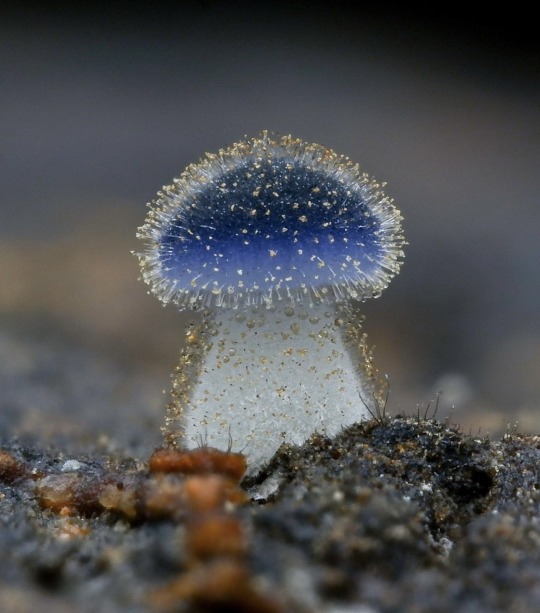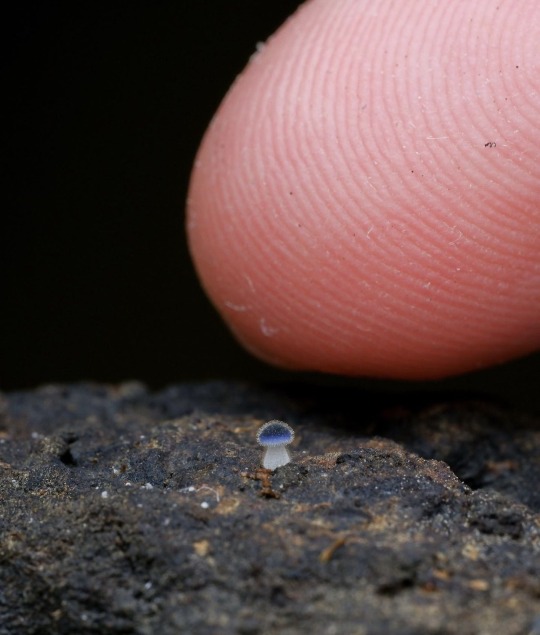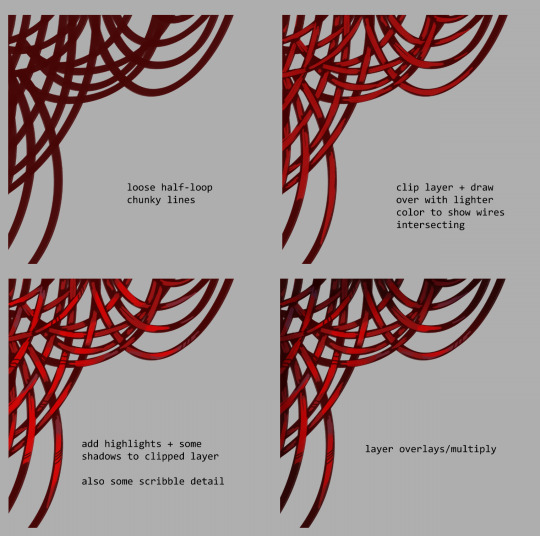Text
fireflies lighting up a rural Pennsylvania field at dusk
215K notes
·
View notes
Text
Who the fuck needs Tumblr anymore I'm just going to be looking at lamp posts from now on

114K notes
·
View notes
Text
between tiktok and youtube slop, kids these days are subjected to possibly one of the worst media diets in the history of mankind. unlike me who was raised on the same 10 commercials for corn syrup products cycling between variety shows, as nature intended
13K notes
·
View notes
Text
Best Underdog From Canalave Gym 🎖️⛓️4️⃣
Round 2 - Match 2
Our Contestants:


This poll is part of an event that allows the early eliminees from the main tournament have more time in the spotlight!
22 notes
·
View notes
Text
We really do need to bring back the word "trolling" and warning ppl not to feed the trolls
60K notes
·
View notes
Text
hey man I found a piece of your soul stuck in the text messages of old friends you don’t speak to anymore. do you want it back
23K notes
·
View notes
Text
12 really does feel like the universal traumatic age for everyone. Like one day we were all 11. Then something happened to us
4K notes
·
View notes
Text
waters so amazing because you can drink it really sloppy style and like spill it all over yourself and it doesnt even leave a stain. you dont even have to wash it out/ . because its already washed
96K notes
·
View notes
Text


近藍蓋小菇 Mycena Subcyanocephala fungi translates to the "blue-head" and measures at only a single millimeter.
37K notes
·
View notes
Text
Random worldbuilding for nothing in particular: Dwarvish last names.
When dwarvish workers and artisans first came to human cities for work, humans soon noticed that all dwarves seem to have last names ending in the same suffix. Soon enough they put together that these names don't go by families, but by occupation. Blacksmith is a blacksmith, Goldsmith is a goldsmith, a mason is called Stonesmith and carpenter a Woodsmith. And a horse breeder is called a Horsesmith.
(While humans would classify dwarf horses as ponies, dwarvish languages have no separate words for "horse" and "pony" and insist that dwarf horses are called horses since the way humans say "pony" seems degoratory.)
The word that humans previously assumed meant "smith" is simply the dwarvish blanket term for "one who works with their hands to manufacture/maintain." Humans originally started referring to any random dwarf they don't know with simply the suffix in a dismissive "they all have the same names anyway" sort of way, but in dwarfish society addressing someone you don't know in this way, "hey you, Craftsman" is considered perfectly respectable.
Once more dwarf society began to pour into human lands, humans noticed two other types of last names: -Trader, and -Commander. Traders are sellers, peddlers, merchants of all sorts, and while first encountering Silktraders, Goldtraders and Spicetraders might lead one to think that they are a class above -Smiths, they are not. Any street hawker, peddler or common grocer is just as much a -Trader as a merchant of kings is.
There are dwarfish jokes about how a farmer who grows vegetables and then goes to the town to sell them is a Turnip-smith at home but a Turnip-trader in the city, but getting the suffixes mixed up is a serious offense. Calling a dwarvish doctor a "seller of healing" instead of a "crafter of healing" would imply that they do their occupation for financial profit instead of a sacred calling, and is a stab-worthy insult. And they won't stitch you up afterwards.
The -Commander class is as one would expect, for leaders and commanders. The chief of a village or head of a clan is often known as "[clan name] commander", but more often it is the title for military officers and government officials. A centurion is called Hundred-Commander, a higher officer is a Thousand-Commander. The master of a spy network is "Commander of Secrets" and the national chief accountant is "Commander of Coin".
While dwarf societies are technically speaking autocracies with a single leader, humans have yet to reach an agreement about how to translate the leader's title. Most settle for "chief", as king/queen/emperor/empress would require knowing the current ruler's gender, and dwarves consider such information a matter of extreme privacy. The official dwarvish title of the ruler is "folksmith", "one who works with their hands to make/maintain a people".
868 notes
·
View notes
Text
Random worldbuilding for nothing in particular: Dwarvish last names.
When dwarvish workers and artisans first came to human cities for work, humans soon noticed that all dwarves seem to have last names ending in the same suffix. Soon enough they put together that these names don't go by families, but by occupation. Blacksmith is a blacksmith, Goldsmith is a goldsmith, a mason is called Stonesmith and carpenter a Woodsmith. And a horse breeder is called a Horsesmith.
(While humans would classify dwarf horses as ponies, dwarvish languages have no separate words for "horse" and "pony" and insist that dwarf horses are called horses since the way humans say "pony" seems degoratory.)
The word that humans previously assumed meant "smith" is simply the dwarvish blanket term for "one who works with their hands to manufacture/maintain." Humans originally started referring to any random dwarf they don't know with simply the suffix in a dismissive "they all have the same names anyway" sort of way, but in dwarfish society addressing someone you don't know in this way, "hey you, Craftsman" is considered perfectly respectable.
Once more dwarf society began to pour into human lands, humans noticed two other types of last names: -Trader, and -Commander. Traders are sellers, peddlers, merchants of all sorts, and while first encountering Silktraders, Goldtraders and Spicetraders might lead one to think that they are a class above -Smiths, they are not. Any street hawker, peddler or common grocer is just as much a -Trader as a merchant of kings is.
There are dwarfish jokes about how a farmer who grows vegetables and then goes to the town to sell them is a Turnip-smith at home but a Turnip-trader in the city, but getting the suffixes mixed up is a serious offense. Calling a dwarvish doctor a "seller of healing" instead of a "crafter of healing" would imply that they do their occupation for financial profit instead of a sacred calling, and is a stab-worthy insult. And they won't stitch you up afterwards.
The -Commander class is as one would expect, for leaders and commanders. The chief of a village or head of a clan is often known as "[clan name] commander", but more often it is the title for military officers and government officials. A centurion is called Hundred-Commander, a higher officer is a Thousand-Commander. The master of a spy network is "Commander of Secrets" and the national chief accountant is "Commander of Coin".
While dwarf societies are technically speaking autocracies with a single leader, humans have yet to reach an agreement about how to translate the leader's title. Most settle for "chief", as king/queen/emperor/empress would require knowing the current ruler's gender, and dwarves consider such information a matter of extreme privacy. The official dwarvish title of the ruler is "folksmith", "one who works with their hands to make/maintain a people".
868 notes
·
View notes



